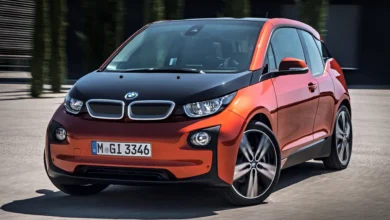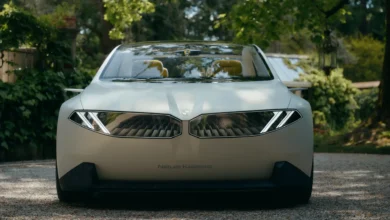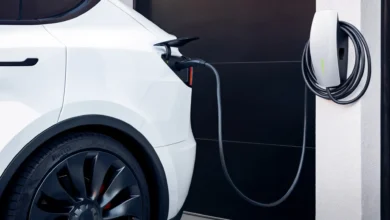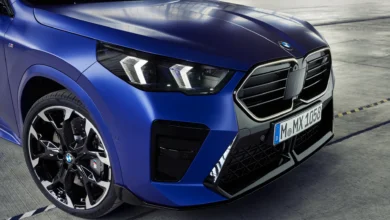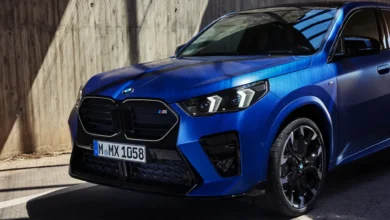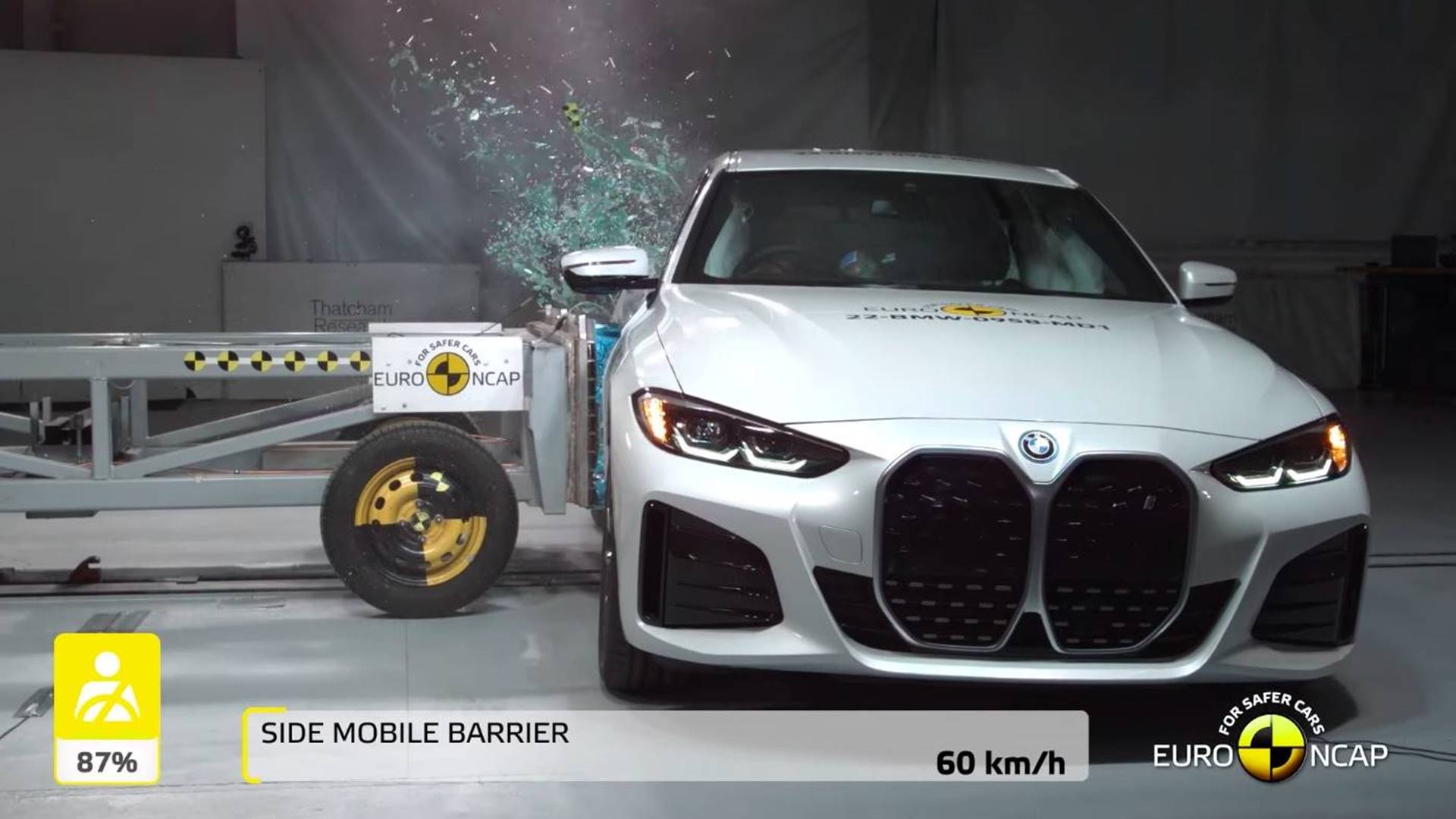
A few hours ago we learned the results of the crash tests of the BMW i4 carried out by the Euro NCAP body. Some tests that the German saloon passed in general with good marks, but where finally it has not been able to reach five stars.
The German saloon got 4 stars. A surprising score for a fully electric car that usually, with some exceptions, is achieving all five.
And that the results in traditional aspects are not bad at all. The European agency NCAP has given it a score for the Adult occupant of 87%, Child occupants, at 87%, and Vulnerable road users (pedestrian/cyclist) at 71%.
So where has the problem been? The i4 has sunk in the latest score. The one related to driving assistance systems, where it has remained at 64%. Curiously, even other models well below the price, such as the Cupra Born, of which we have also known the results this week, have achieved 80% in the safety assistance section.
This has to do among other things with the malfunction of the lane-keeping system, as well as in the test of automatic emergency braking assistance. Elements until recently were not taken into account, but now they are a fundamental part of the scores.
But the BMW i4 has also lost some points in very important aspects. For example, the adult occupants of the front and rear seats suffered minor injuries to the torso. In the case of the side collision, the driver suffered a torso injury while the front passenger was injured in the left leg. Finally, in the side impact test, the driver sustained a possible torso injury. The injuries remained minor.
As for child occupants, the i4 lost points because many areas of the cabin were not designed for this use. Outside of the two rear seating areas, there were no mounting points for car seats, and seat belts were positioned too high for small children to be secure. However, children placed in the back, whether in car seats or outside, they were not harmed in the tests carried out.
Global figures indicate that we are dealing with a safe car, which must face increasingly demanding tests that make it difficult to compare with models from previous years, mainly due to the weight that the driving assistance systems now have. They are proving to be a powerful tool to avoid fatal mistakes on the road.
An aspect that shows, for example, that in Europe from July 1 all new vehicles, as well as new ones sold from 2024, must compulsorily carry the eight Advanced Driving Assistance Systems (ADAS).
These are the rear camera with cross-traffic detection, the intelligent speed assistant, the fatigue and drowsiness detector with a loss of attention detector, emergency braking, the involuntary lane change alert, the vehicle lock with a breathalyzer, the black box and the belt alert in the rear seats.

